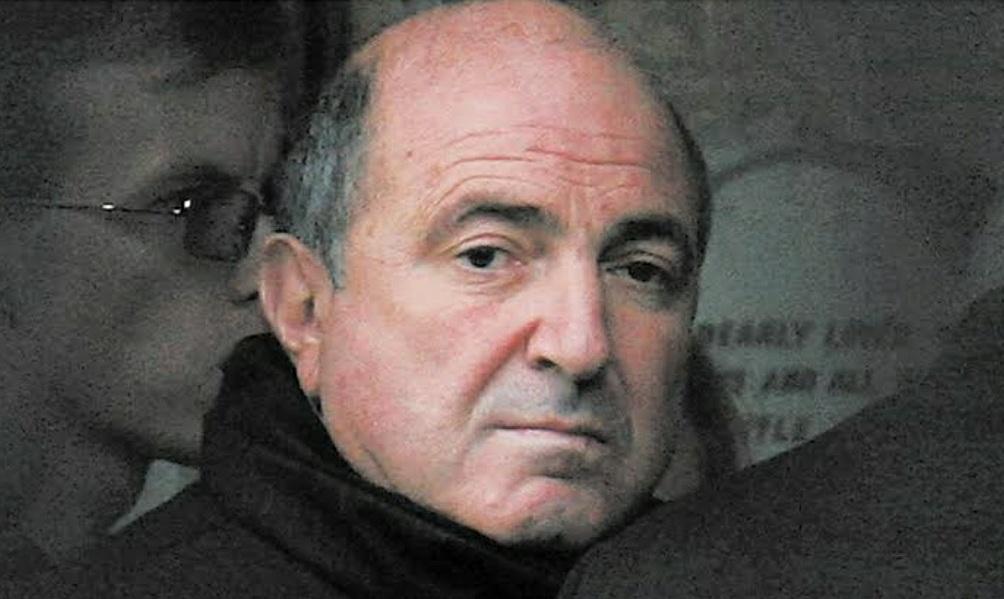
For many decades, the USSR had been under communist rule, but when Yeltsin became Russian president in 1991, he introduced a variety of policies to dramatically shift Russia towards capitalism. Like deregulating the price of goods, and opening the country up to imports. However, through a combination of corruption and incompetence, the initial transition was a disaster. The value of the Russian currency plummeted, industrial output was halved, and unemployment was doubled. But, this abrupt switch in policy also made a small group of opportunists incredibly wealthy, such one protagonist is, Boris Berezovsky. This man would go on to become a billionaire oligarch, dubbed the ‘The Godfather of the Kremlin’, but he came from very humble beginnings.
Born as a Jewish in an anti-semitic society, and with no connections to the communist elite, Boris started out as an outsider – and in communist Russia the best he could have hoped for was a quiet life of books and studying. But this was now the new capitalist Russia. Where a man with a mathematically gifted mind like Boris, filled with merciless ambition, could achieve almost anything. His road to riches began with a simple opportunity. He realised he could buy cars on consignment with just a small down-payment, and pay the rest of the cost back later. But because of hyperinflation, Russia’s currency, the ruble, was losing value at rapid speeds. So, Boris would buy loads of cars, but wouldn’t pay the producers their money for months or even years, by which point the currency was worth drastically less. It’s essentially like you selling a car for $10,000, but by the time you receive that money it’s only worth $5,000, and you’ve given away a car that was worth double. It was a simple but elegant loophole that helped make Boris his initial fortune.
Oligarchs: Control over Political and Economic Life
In 1994, businessman Boris Berezovsky, sat in his Mercedes, impatiently looking at his expensive watch. To him, it didn’t measure time, but opportunities. He now had a lot of money, but he was only just getting started. And then a explosion happened. Few seconds later, Boris found himself frantically crawling through a blur of flames and broken glass. He spotted his driver and tried to call out to him, only to realise he no longer had a head. Of course, this explosion was no accident, it was an assassination attempt on Boris, and it would not be the last. In truth, businessmen being murdered over deals gone bad, was an almost daily occurrence as this time in Russia, contributing to Russia’s nickname: The Wild East. However, Boris somehow made it out of that car explosion alive, and at that moment he had a realization: he’d already made a lot of enemies, and would no doubt make a lot more, and so he needed the kind of protection that money alone couldn’t buy. He needed influence, Connections and Power. He knew that, the way to get that was through politics. Of course, not as a candidate, but as a figure in the shadows pulling the strings. It was time for him to make the step from being just a wealthy businessman, to being an oligarch.
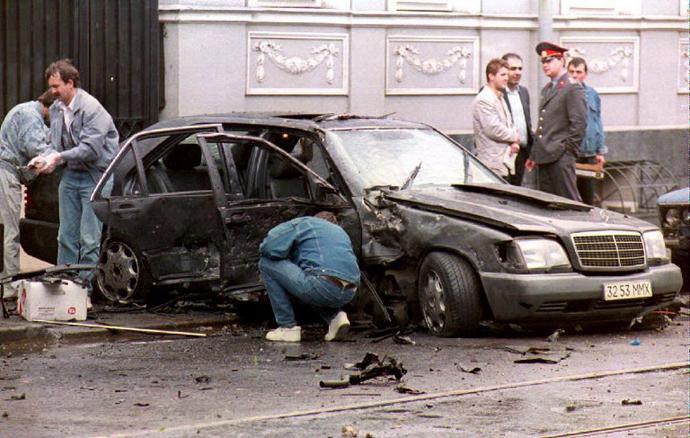
Whilst men like Boris had profited from Russia’s switch towards free market policies, most Russian citizens certainly hadn’t, with the number of people in poverty rising dramatically. Needless to say, by the time of the next election in Russia, Yeltsin’s odds or re-election were looking slim. That was until, a deal was struck behind closed doors. Boris Berezovsky got together a small group of wealthy businessmen, who would later become known as The Seven Bankers. These were people who had profited from Russia’s abrupt switch to capitalism, and they very much wanted Yeltsin to stay in power. So, together they devised a pact to contribute many millions of dollars to Yeltsin’s re-election campaign. But in return for helping to get him re-elected, they would get very generously rewarded, and have huge influence over the government’s future decisions. For example, as part of Yeltsin’s policies to shift towards capitalism, Russia was privatizing the industries previously owned by the government. However, the process of selling these state-owned assets and companies was completely corrupt.
Russia’s most valuable state assets were sold at a tiny fraction of what they were really worth, to people who had connections to the government. And amongst those people, were The Seven Bankers, who were given the chance to buy these huge companies for insanely low prices. And so, because of this bribery and corruption, a small pool of already wealthy individuals ended up owning most of Russia’s most important industries. And thus had control of the banks, oil, gas, mining and media. One notable example, was that Boris Berezovsky was put in charge of Russia’s largest television channel, ORT. And in exchange, he would turn it into a propaganda machine, that would run endless positive stories about Yeltsin.
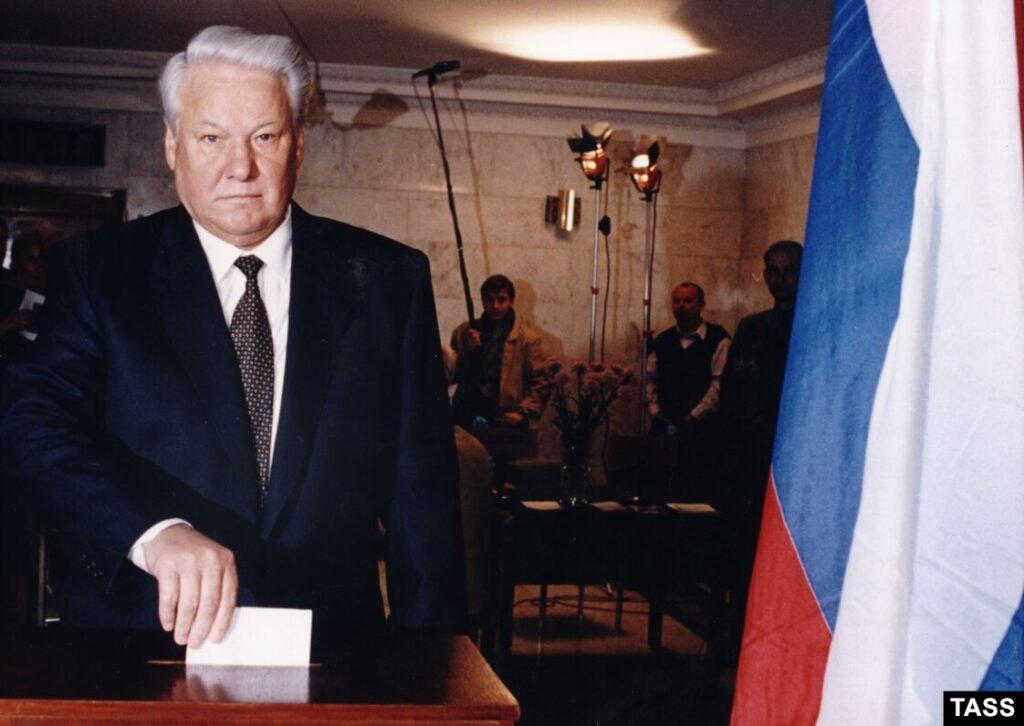
It was crony capitalism: mutually advantageous relationships between business leaders and government officials. It was win-win for thos on the inside, but disastrous for everyone else. Because, before the Seven Bankers got involved, Yeltsin looked certain to lose this election. But once they started pumping endless money into his campaign, and essentially controlling large parts of the media to give him constant positive coverage, Yeltsin managed to narrowly get re-elected. For the seven bankers, including Boris Berezovsky, they had basically just bought a government. Because for the next few years whilst Yeltsin was in power, they had huge influence over political and economic life in Russia, and hence, they had truly become oligarchs. Between them, they had nearly half of all the wealth in Russia, and now, they had the ear of the government as well, and were able to influence policies and go about their business completely unchecked and unregulated. All of this, at a time where most of the Russian population were struggling to even put food on the table. However, Boris was still not done.
Thriving Under Yeltsin’s Presidency
During a meeting on a yacht, he met a young businessman who had an intriguing offer for him. That young businessmen is this story’s other protagonist, and is today best known as Chelsea football club‘s billionaire owner, Roman Abramovich. Like most of the Russian oligarchs, Roman Abramovich came from nowhere. His mother died of a blood disorder, and his father was killed at an accident on a construction site, leaving him an orphan by the age of 4. As a result, Abramovich got shipped off to the freezing Komi Republic, one of the harshest environments on the planet. From there, Roman Abramovich initially tried several different paths: he studied engineering, had a stint in the army, and at one point become a mechanic. But even from an early age he had really seen himself as more of an entrepreneur, and he eventually made the step into the business world. One of his first business successes surprisingly came from selling rubber ducks and other children’s toys. But he soon reinvested that money into much bigger prospects, and in particular: trading and transporting oil. Ande then, on the yacht where he met Boris Berezovsky, he pitched him an idea: Roman Abramovich wanted to acquire one of Russia’s largest oil companies, Sibneft. But not just that, he wanted to combine it with his existing business to create one giant company that produced, refined, transported and traded the oil. It would be one of the largest oil companies in the entire world, and by being in control of every step of the supply chain, it would be absurdly lucrative.
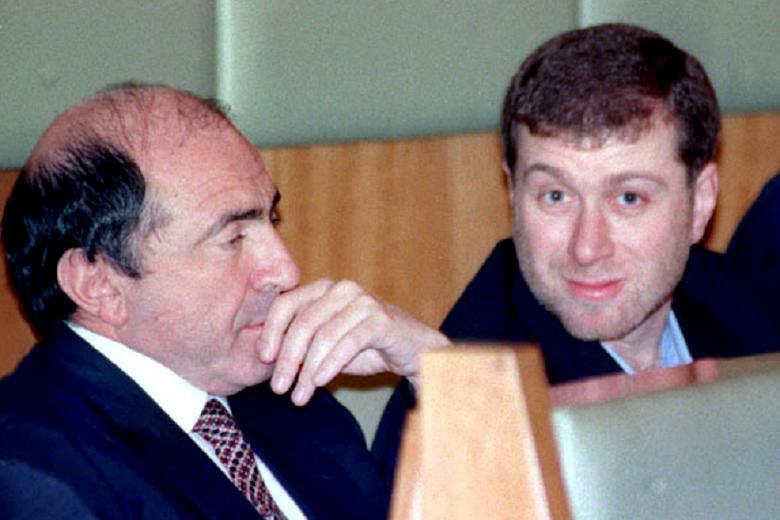
Now, in normal circumstances, there’s no way Abramovich could afford to do this, and the government would almost certainly not allow it anyway. Which is why Abramovich was coming to Boris, a man he knew was in Yeltsin’s inner circle, and had considerable influence within the government. Abramovich could run the business himself, but he needed Boris’s influence and connections to make the whole arrangement happen. And so together, they made a deal. Not long later, President Yeltsin privatised Sibneft, and Abramovich was able to buy the business for around a hundred million dollars from the Russian government, even though some estimate its true value was several billion dollars. In return, Abramovich funnelled money from Sibneft to Boris in exchange for him taking care of the political side of things. Since there couldn’t be any paper trail of this agreement, it was fairly common for suitcases filled with cash, often around a million dollars or so, to be delivered to Boris. At times, Abramovich was frustrated by Boris’s demands for more and more money given that he wasn’t actually doing any work within the business. But he knew that without Boris, they may no longer have the support of the Russian government, who were the ones allowing them to continue. And so, Boris continued to receive suitcases of money, and Abramovich continued to dominate the oil industry with his new giant company.
And thus, for the duration of Yeltsin’s presidency, Boris, Abramovich and the other oligarchs all continued to thrive. When one have so much money and power, it’s very easy to obtain even more money and power. And so Boris’s lifestyle became increasingly extravagant, with yachts and private planes. But by 1999, another election was on the horizon, and the oligarchs began to fear The Communist Party could get back into power this time, which for them, would be game over. All their wealth and influence would be taken away. So the oligarchs needed a strong candidate to be Yeltsin’s successor, who could help them win the election. And the man that was put forward, was a former KGB man, by the name of Vladimir Putin. Boris didn’t see Putin as a threat, and thought he could be controlled just like the oligarchs had controlled Yeltsin. So, once again, the oligarchs used their wealth and influence to try and win the election, and once again, they succeeded. When Putin was officially announced as the president of Russia, it seemed like another victory for the oligarchs.
Putin’s Vow to take down the Oligarchs
Very shortly after Putin got into power, he declared he was going to take down the oligarchs. On a televised press conference, Putin publicly announced that those who combine power and capital, these Oligarchs, will cease to exist as a class. A separation of business and politics. This was a very popular move amongst the Russian public, who hated seeing the oligarchs live like royalty and do whatever they want, whilst most of Russia struggled. In private, Putin gave the oligarchs a simple proposition: you can keep your wealth if you pay some form of tribute to me, and then stay out of politics, and stay out of my way.
Many of the oligarchs, like Roman Abramovich, complied. But others, including Boris Berezovsky, did not. Boris felt he’d contributed to getting Putin into power in the first place and this was how he was getting repaid? With a threat? And no longer being able to have any influence over how the government was run? Not only that, Boris felt it was completely unfair to demonize the oligarchs – in his view, the oligarchs had helped saved Russia from Communism, and they’d only benefited because they’d been quick and smart enough to do so. Why should this brand new president suddenly be able to undo all of that? So, Boris was not going to give up that easily. Immediately he started using his television channel to push anti-Putin stories, and he constantly spoke out against Putin in public at every opportunity. But with Putin, Boris had met his match.
Investigations into Boris were ordered, and by 2002, an arrest was issued on charges of money laundering and illegal business practices. Boris had to flee Russia and go into exile in London. And, whilst he did manage to escape arrest, little did Boris know, this was the beginning of the end. Boris was now an exile in London, forced out of his home, and his country, with his power, and influence stripped away. Despite that, Boris kept on fighting. He continued to pour his time and money into his efforts to bring down Putin. He would throw money at any project that he thought would cause pain for the Russian government. However, this was becoming increasingly difficult. Under Putin’s leadership, Boris was found guilty of embezzlement, and lost many of his assets. The government took back control of television channels like ORT, which Boris had been using to spread his own messages for many years. To make matters even worse, Boris was no longer any use to Roman Abramovich, who gave him one final big payment but then told him their deal was over. No more money in suitcases. Their relationship was done. Which meant, Boris essentially had no income anymore. And since he continued to live a very extravagant lifestyle in London, spending just as frivolously as he did before, his fortune soon started to shrink quite rapidly. Especially with the vast sums of money he needed to spend on security, such as a team of bodyguards to follow him everywhere. His situation was made even worse when his wife divorced him, and he had to pay one of the largest divorce settlements in history.
Berezovsky’s Downfall and Death
Boris was facing attacks on all fronts, and his debts were mounting up. He’d gone from being a billionaire to feeling poor. But what stung most, was that he’d lost respect. He’d once been the man, the go to guy. Now he was no longer relevant. Even his protege Abramovich, who had once come to him for help, now had outgrown him and abandoned him. In pact, as Boris saw Abramovich’s wealth and prestige rise, whilst his own declined, he became more and more resentful. But then Boris had an idea. An idea to fix his money troubles, get one over on Abramovich, and most importantly of all, make himself important to the world again. Boris Berezovsky was about to sue Roman Abramovich, in what would become the largest civil lawsuit in recorded history. It was the ultimate showdown of the Russian oligarchs, happening within the English courts, and the media lapped it up. Boris was suing on the grounds that him and Abramovich had had a 50/50 partnership in the oil company, and that after Boris fell out with Putin, Abramovich had used threats and blackmail to force him to sell his ownership stake for a fraction of what it was really worth. Boris was claiming he was now owed the true value of those shares, which was billions of dollars.
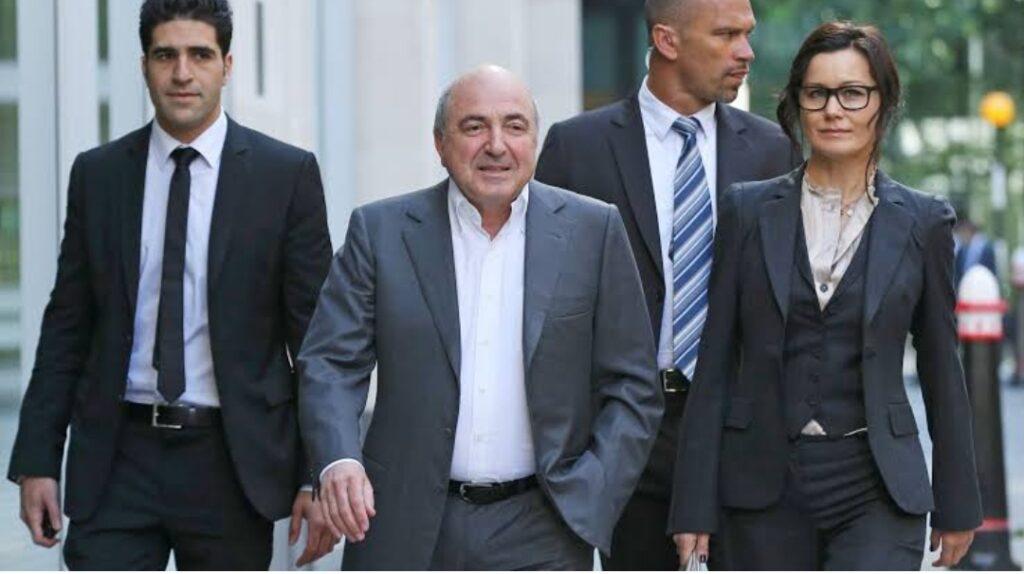
Abramovich’s defence was simple: Boris had never owned any of the company to begin with, nothing was ever written down or made official. The trial would go on for nine months, and dark details of both men’s past would be exposed. Roman Abramovich would reveal how he made obscene wealth from Russia’s corrupt privatization programme, where he was able to acquire businesses from the Russian government at rock bottom prices, due to a rigged auction. Boris Berezovsky would reveal how he made secret deals with government officials, and was able to use his power to influence elections and government decisions. The courtroom would also hear brutal details about the reality of business in Russia, during the switch to capitalism – which included businessmen getting attacked, poisoned and murdered in cold blood. But in the end, after hearing everything, the judge delivered a verdict: “On my analysis of the entirety of the evidence, I found Mr Berezovsky an unimpressive, and inherently unreliable witness, who would have said almost anything to support his case.”
The judge continued to speak, but Boris had already zoned out. Sure, this had partly been about money, but it had also been about his reputation. The judge’s words spun around his mind. Unreliable. Unimpressive. He’d gambled on this very public court case, and it had backfired. He looked worse than ever, and now he’d have to pay Abramovich’s court fees too, which came to over 50 million dollars. It was all becoming clear now: he’d lost everything. After the trial, Boris became even more depressed. He’d gone from being one of richest men in Russia and wielding immense political power, to being exiled, embarrassed and, as one source put it, a broken man.

Boris was later found dead in his apartment, in what was reported as a suicide. However, an inquest into his death returned an open verdict, leaving some to wonder whether this could have been yet another assassination attempt from Boris’s enemies, and that finally, they had succeeded. Or, on the other hand, was this simply the tale of a man who had rose from nothing to become unimaginably rich and powerful, only to end up broke, alone, and so miserable that he took his own life?
This story is amusing but it’s also worryingly true. When we think of these oligarchs, these ultra-wealthy men manipulating politics behind the scenes, it’s tempting to think of it as a Russian problem. But of course, the only real difference between Russia and almost any other country, is that the Russians have a name for them. Whatever country you’re living, you may not use the term oligarch, but money and politics are unfortunately always connected, wherever you are.

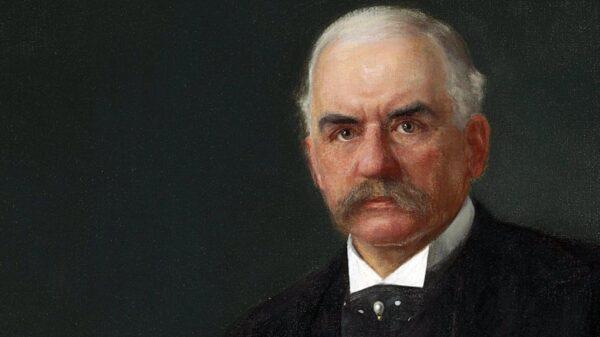
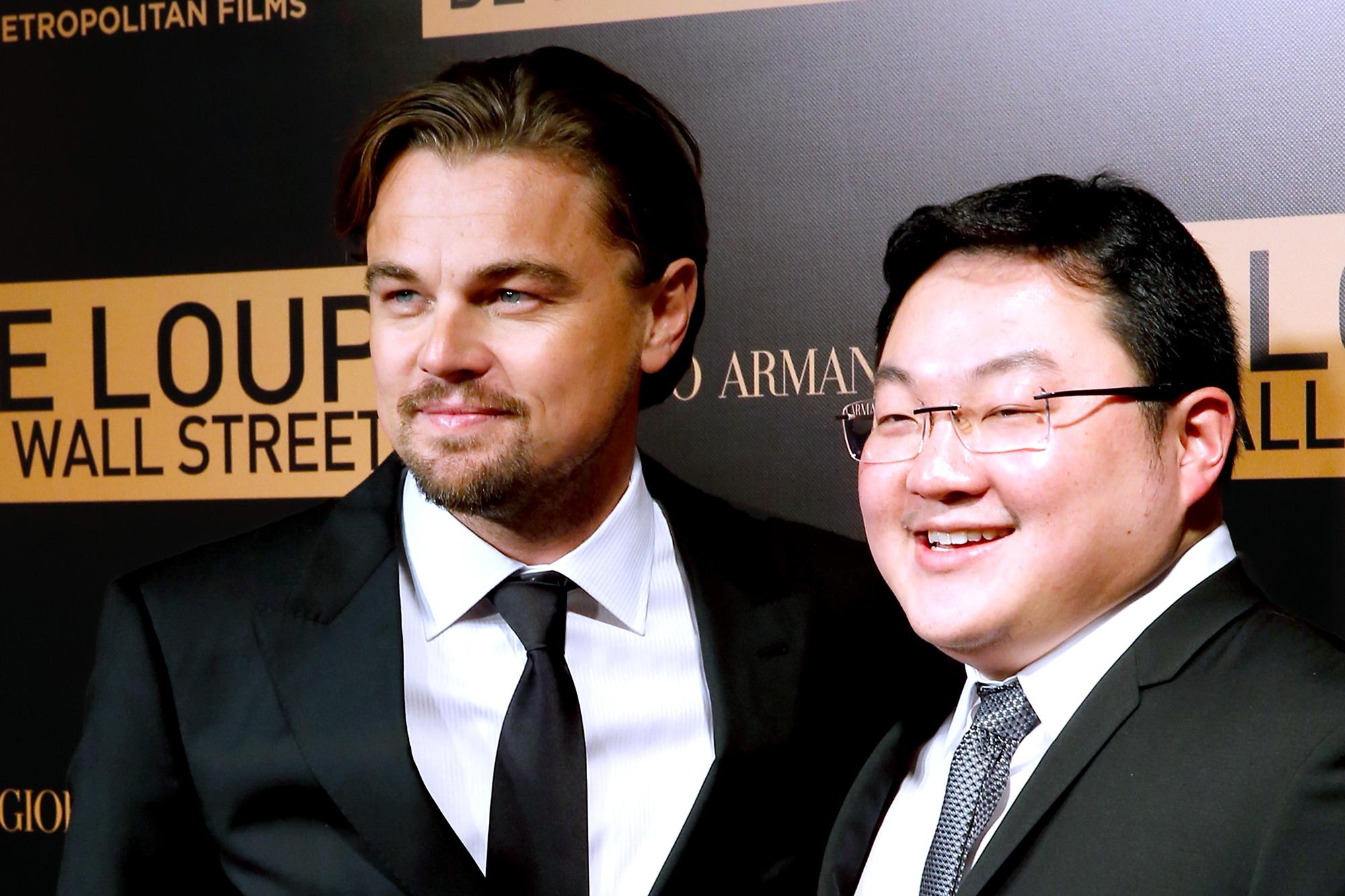
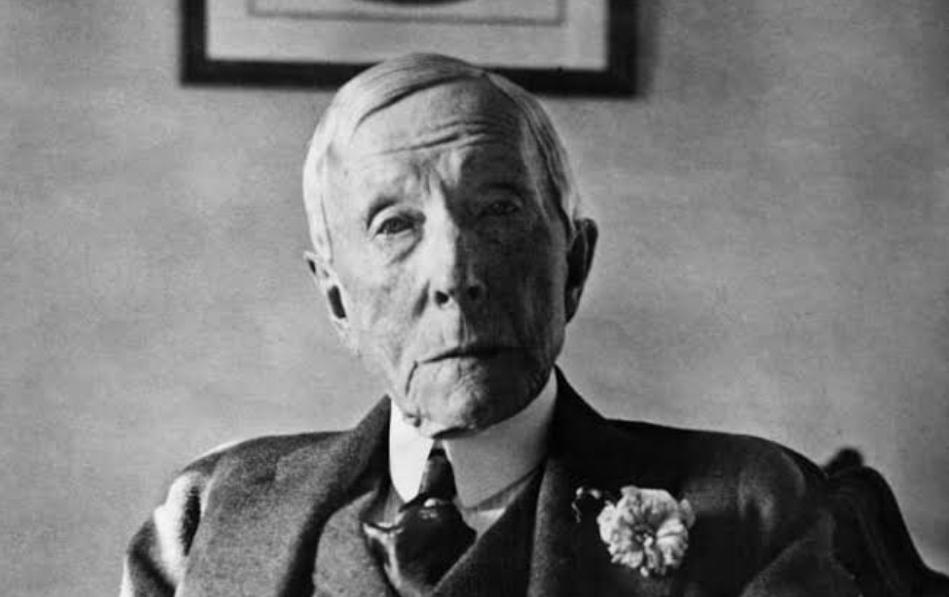

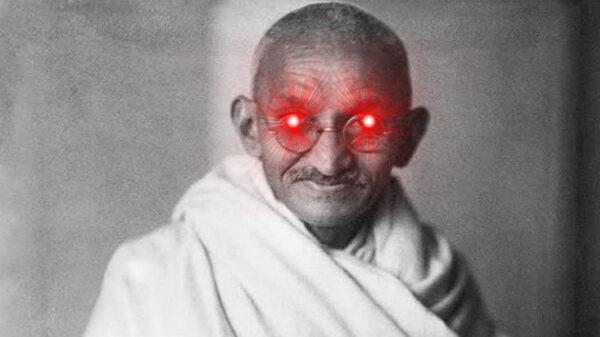
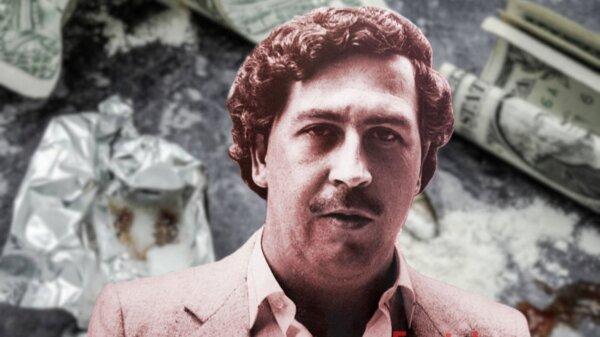
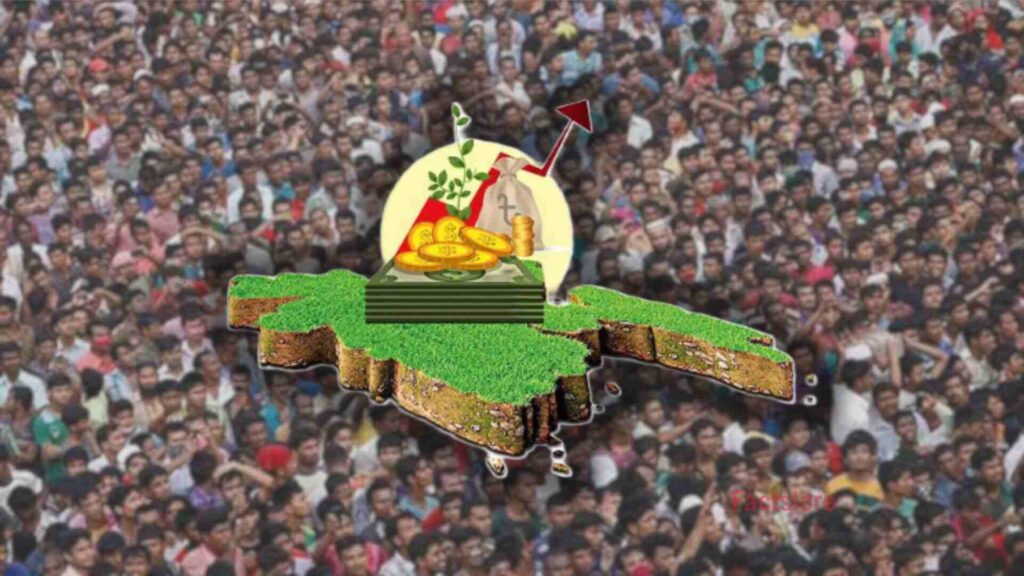
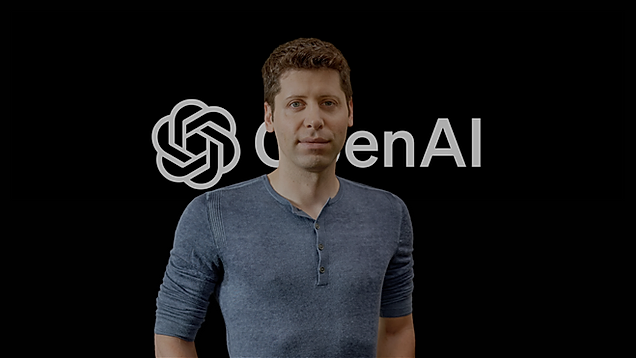
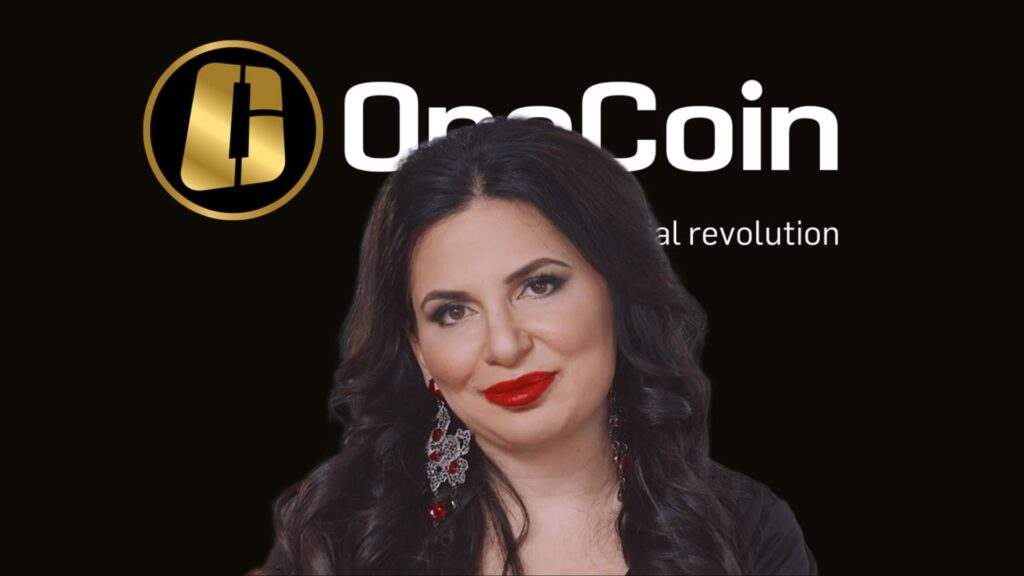
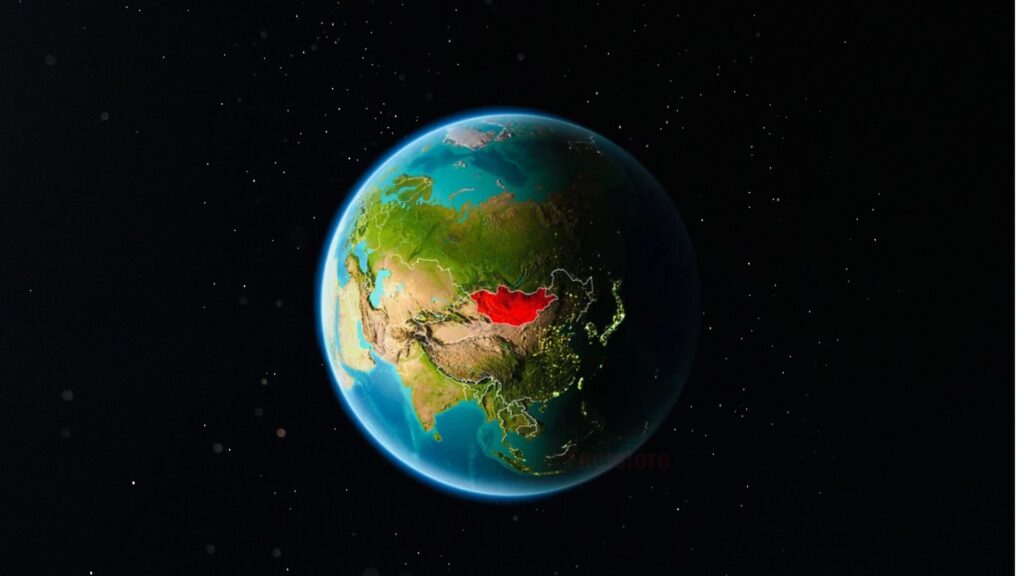

1 Comment. Leave new
[…] Read More – Boris Berezovsky: The Oligarch who Dared to Challenge Putin […]